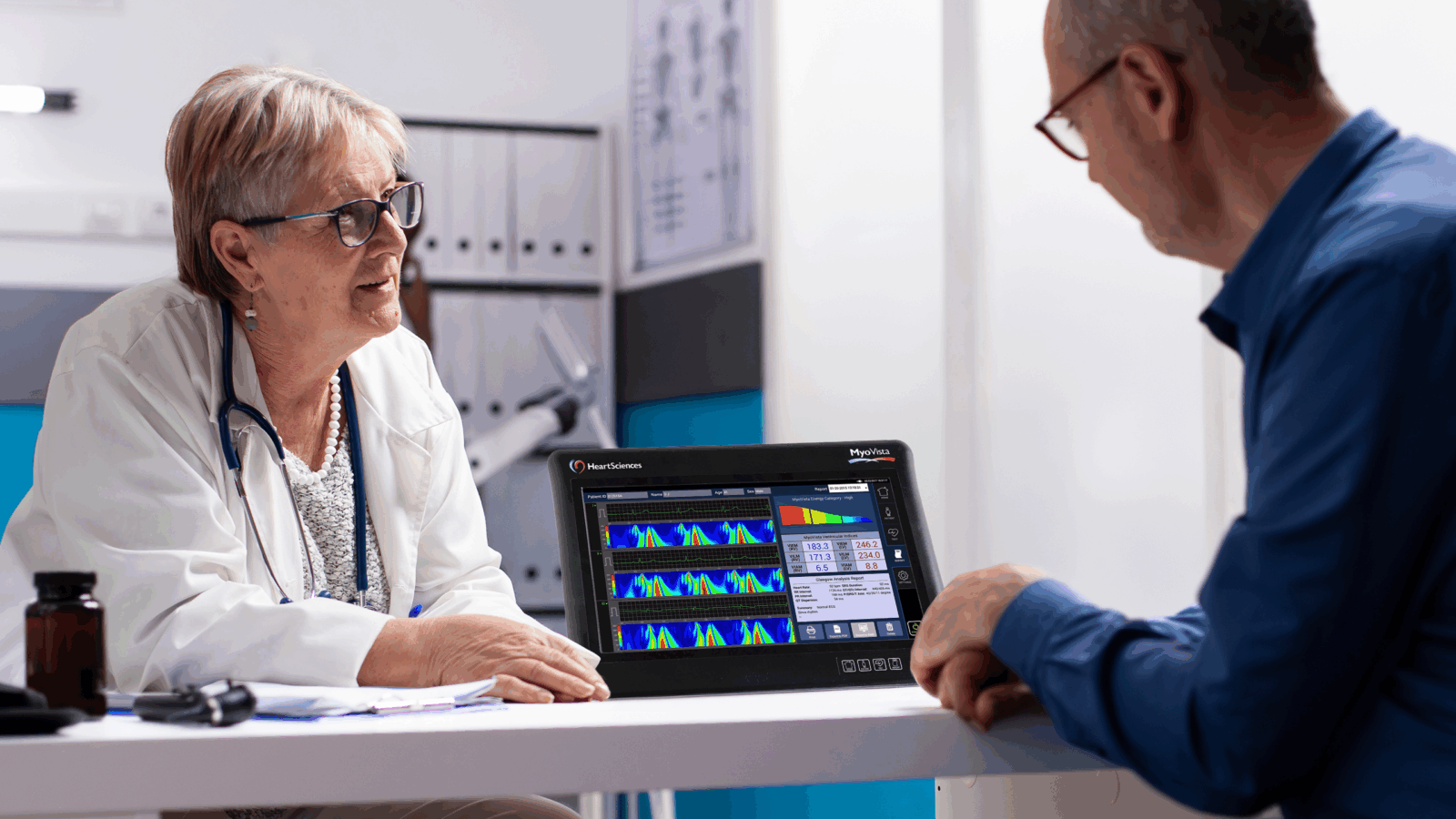Good morning.
Amazon-backed AI startup Anthropic said Thursday that its powerful new Claude Opus 4 model is capable of working autonomously for up to seven hours straight, allowing it to tackle lengthy and complex research or coding projects. The breakthrough — which means the model can essentially handle a full corporate workday — is thanks to an improved ability to create and retain so-called memory files that let it store important information.
While that sounds impressive, it doesn’t hold a candle to human workers if you think about it. People can do the same thing, plus go down at least two YouTube wormholes per shift and check fantasy football lineups every hour. Try doing that, smarty pants Anthropic.
Mortgage Rates Follow Bond Yields Higher as US Debt Concerns Mount

Fewer people are buying homes this spring, but not for lack of interest.
We’re talking about mortgages, of course: The average rate on a 30-year fixed mortgage jumped to 6.86% in the week ending Thursday, the highest since February, according to new data from Freddie Mac. It’s one of many factors in the housing market that aren’t doing buyers any favors at the moment.
Down on Down Payments
Treasury yields rose this week, thanks to a bond selloff triggered by Moody’s downgrade of US debt last Friday. Mortgage rates tend to move in unison with the 10-year Treasury yield, which partly explains the jump in the 30-year fixed mortgage rate. It also underscores how Wall Street’s concerns about the government’s creditworthiness, which a GOP spending bill could worsen, can influence Main Street’s home ownership. If Treasury yields remain high because of tariff uncertainty or ballooning deficits, the pressure on mortgages is more likely to remain.
Even before the latest jump in mortgage rates, existing home sales slid 0.5% last month, according to National Association of Realtors (NAR) data released Thursday. Of note, many buyers straight-up bailed — one in seven canceled their home-purchase agreements last month, according to new Redfin data. That’s the second-highest April cancellation figure on record. An optimist might suggest that, with fewer sales, home prices should be falling. But, at least in April, that hope was crushed like a discarded realtor pamphlet in the trash can after an open house: The average sale price of a single-family home rose 1.7% year over year to $418,000, according to the NAR.
In a related seismic development, as if his tariff warring and spending plans hadn’t introduced enough variables to the housing market, President Trump this week toyed with a radical change to the mortgage business itself:
- Trump said Wednesday he’s giving “very serious consideration” to privatizing Fannie Mae and Freddie Mac, government-controlled since US taxpayers rescued them from failure in 2008 with a $191 billion bailout. The two firms bundle and sell mortgages, which are attractive to investors because of a government guarantee to shield them from losses when homeowners default.
- The security blanket provided by Fannie Mae and Freddie Mac encourages banks and other lenders to approve more 30-year, fixed-rate mortgages, which has led to concerns that privatizing them would scare investors away from mortgage-backed securities, leading to higher mortgage rates. Mark Zandi, chief economist at Moody’s Analytics, told CNN last year that privatization could cost an American taking out a new mortgage $1,800 to $2,800 per year.
Taking Stock: While Fannie Mae and Freddie Mac are credited with propping up the fixed rate for 30-year mortgages and keeping it relatively affordable, some equities investors see privatization as a potential win for them. Shares of Fannie skyrocketed 51% on Thursday for their best showing since August 2009, and Freddie shares climbed 42% for their best showing since September 2019 — shareholders own one-fifth of the companies, and many have optimistically assumed that privatization would mean a return to dividends.
Wall Street: This AI Stock Has 500% Upside

Investors know AI’s potential to disrupt major industries. So when HeartSciences (Nasdaq: HSCS) developed an AI-ECG that can make heart disease easier to detect, Wall Street took note.
While shares of HeartSciences closed at $4.49 on Wednesday, up 38% this week alone, some analysts currently value it as high as $14 a share.
For a limited time, HeartSciences is giving you the chance to invest by purchasing a unit priced at $3.50 that includes 1 share of preferred stock that can be converted into freely tradable common stock at any time, plus 1 warrant exercisable for 3 years.
With FDA submission approaching this summer and as much as 6.5X return projected by analysts, this opportunity’s hard to miss. Learn more and invest in HeartSciences today.*
Nike Preps Price Hikes While Planning Return to Amazon
Nike’s brand of champions has lately been more akin to the hapless Cleveland Browns, whose jerseys the company provides as part of its NFL partnership.
On Thursday, news broke that the iconic shoe giant will hike prices. Along with a return to selling directly on Amazon, it’s part of a handful of moves that the company hopes will tush-push its performance to a level more like that of the winning Philadelphia Eagles.
Jog Your Memory
Global sales fell 9% in the company’s latest quarter and 17% in all-important China. One major problem is inventory: Nike flooded the market with too much product and has been aggressively liquidating a buildup of now-stale fashions at a discount.
The inventory issue has whittled away at Nike’s gross margin, which fell 3.3 percentage points to 41.5% in the quarter ended February 28. Executives said they anticipate it will fall another 4 to 5 percentage points in the current quarter as it continues to dump inventory. Nike’s shares, meanwhile, have tumbled 19% this year. All the while, the company has shed market share: Its 14.1% hold on the global sportswear market last year was down from 15.2% in 2023, while rival Adidas’ market share jumped to 8.9% from 8.2%, and New Balance and On Running gained ground as well. Nike isn’t simply crossing its fingers and hoping for better luck, though:
- It will raise prices by $5 on shoes with a $100 to $150 price tag, starting June 1, and begin charging an extra $10 on those that sell for more than $150. While the company didn’t mention the threat of tariffs, Nike is heavily exposed in China, home to roughly 24% of its suppliers and 15% of its revenue, and Vietnam, where half of its footwear and almost a third of its apparel is made.
- Then, there’s Nike’s return to Amazon — the world’s largest e-commerce platform — for the first time since 2019. Independent merchants who sell the company’s wares on Amazon have been told they’ll be barred from selling some Nike products starting in late July. The move seems designed to claw back lost market share, similar to recent partnerships with Printemps and Urban Outfitters, the latter focusing on Gen Z.
Executives explained the price increases as part of normal adjustments in a statement to CNBC: “We regularly evaluate our business and make pricing adjustments as part of our seasonal planning.” Products under $100, Jordan Brand clothing, and Air Force 1 shoes won’t be impacted.
Merger Assist: Nike’s largest retail partner, Foot Locker, has also been mired in challenges, including a 6% sales drop in the latest quarter that was blamed partly on waning demand for Nike shoes. The company is slated to close 110 stores this year, but last week, rival Dick’s Sporting Goods said it plans to acquire Foot Locker for $2.4 billion. The combined company would unite two of Nike’s three major US wholesale partners while stabilizing Foot Locker’s business, which is more susceptible to downturns than Dick’s because of a lower-income customer base.
Solar Companies Burned by Clean-Energy Cuts
Solar stocks will need a lot of aloe vera to recover from the burn they suffered when the US House of Representatives passed a bill gutting clean-energy incentives. Home solar-panel installer SunRun nosedived 39%, battery provider SolarEdge plunged 26%, and solar-system supplier Enphase fell 20%.
The legislation, which President Trump has dubbed a “big, beautiful bill” and the GOP-controlled House passed on a party-line vote by a razor-thin margin, overhauls former President Joe Biden’s Inflation Reduction Act with multi-trillion dollar tax and spending cuts.
The measure will now head to the Senate — where how much (or little) politicians revise it could determine the fate of clean energy.
Worst Case Sun-ario
Biden’s Inflation Reduction Act was a landmark bill for clean energy, encouraging rapid growth and investment in the sector. Trump’s bill undoes many of its key incentives, including some that underpin the home-solar panel industry in particular:
- Earlier versions of Trump’s bill cut tax credits for people who bought their solar systems. The latest extends those cuts to leased equipment. About 70% of the industry is supported by leases, a Guggenheim analyst estimated.
- The bill also moves up the end date for tax credits on new construction of wind, solar, and battery-storage projects by three years to the end of 2028 and requires any new projects to break ground within 60 days of the bill’s final passage. Additionally, clean-energy projects will no longer qualify for tax credits if they use parts or materials from China, which controls much of the sector’s supply chain.
The bill would also hit electric vehicle-makers by moving up the end of the $7,500 tax credit for most EVs from 2032 to next year.
Predicting the Eclipse: Investors are reaching for their best UV-blocking glasses as they face the possibility of a total solar tax-credit eclipse. Clean-energy advocates say the legislation would end billions in investments into the sector, putting the brakes on future growth. The outlook for clean energy already appeared dim under Trump, who campaigned against it while vowing to boost oil, gas, and coal — promises that could be fulfilled with the passage of this tax bill.
Extra Upside
- In a Pickle: The world’s largest pickleball franchise, Picklr, is expanding to Japan with plans to open 20 clubs.
- Best Birthday Ever? Google co-founder Sergey Brin gifted an anonymous someone $700 million worth of shares in the search giant’s parent Alphabet, according to a regulatory filing,
- The Hustle Is A Must-Read For Budding Billionaires. Their daily newsletter delivers the latest stories in business and tech – what to learn from them, and how to capitalize. Follow their lead.**
** Partner
Just For Fun
Disclaimer
*This is a paid advertisement for HeartSciences Regulation A+ offering. Please read the offering circular at https://invest.heartsciences.com/

